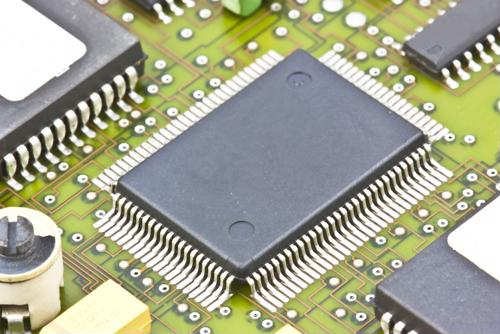That was the general consensus of several chief executives who recently participated in a CEO summit held by The Wall Street Journal. While conditions do seem to be getting better for certain industries and businesses, it will take time for the bottlenecks to fully unclog.
Niraj Shah, CEO and co-founder of the e-commerce giant Wayfair, said he believes the biggest obstacles standing in the way appear to have been cleared, noting that June, July and August were likely the worst period for supply chain managers in recent memory.
"The bottom was this past summer, but it's recovering slowly," Shah said at the CEO Council Summit, which was held in Washington, D.C. on Dec. 7.
Dwell times starting to diminish
Those modest improvements are ongoing at several of the United States' largest shipping ports, where dozens of ships have been waiting for weeks on end to unload at unoccupied docking stations. For instance, according to the Marine Exchange of Southern California, on the last day of November, there were 134 total ships in port at the Ports of Los Angeles and Long Beach, 77 of which were at anchor or loitering. As of Dec. 7, there were 122 total ships and 66 anchored or loitering, according to the organization's regularly updated Twitter account.
But for certain items that flow through the supply chain, such as computer chips, the current environment is likely the nadir, according to Intel CEO Patrick Gelsinger.
"We think the period we are in now is the worst of it," Gelsinger said at the chief executive confab.

Chip shortage expected to persist into 2023
Of all the core building blocks producers, distributors and supply chain stakeholders most rely upon to complete their processes, microchips may top them all. From toys to ATMs to smartphones to gaming consoles to automobiles, microprocessor chips shortages are having a domino-like effect for retailers and manufacturers. And these components were hard to find well before the supply chain struggles as a whole became more evident.
Gelsinger added that in his view, the chip shortage could extend beyond next year and into 2023, The Wall Street Journal reported separately.
We have a long way to go yet, Gelsinger said. "It just takes a long time to build [manufacturing] capacity."
A number of other CEO with high name recognition spoke at the CEO Summit, including Tesla's Elon Musk, Bombardier's Eric Martel and Sysco's Kevin Hourican. All offered their views of the supply chain and what they anticipated heading into 2022. Growth in hiring may hasten the pace with which conditions improve and productivity enhances supply. In November, for the 18th consecutive month, manufacturing production edged higher, reaching 61.1% compared to October, according to the Institute for Supply Chain Management. A higher job participation rate should also help reduce product shortages.



Post A Comment:
0 comments so far,add yours